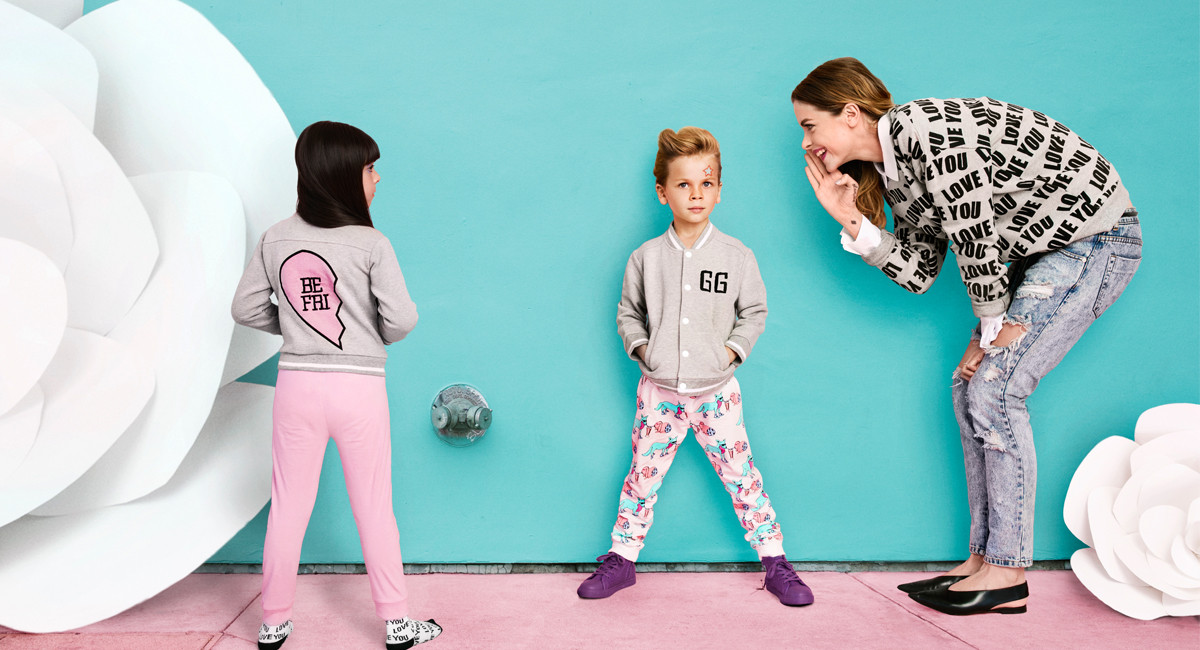The Sting of Plagiarism in Fashion
Regarding the fashion industry, Coco Chanel famously remarked that 'Copying is the ransom of success'.
It doesn't take much sleuthing to discover rampant plagiarism in womenswear, as fast fashion empires chew up and spit out cheaply made copies of designer frocks but the problem is also a concern in the kidswear industry whether in the guise of knock-offs of internationally beloved brands like Bobo Choses, Tinycottons, and Oaks of Acorn on Chinese site Alibaba or creative theft from the high street. What is a designer to do?
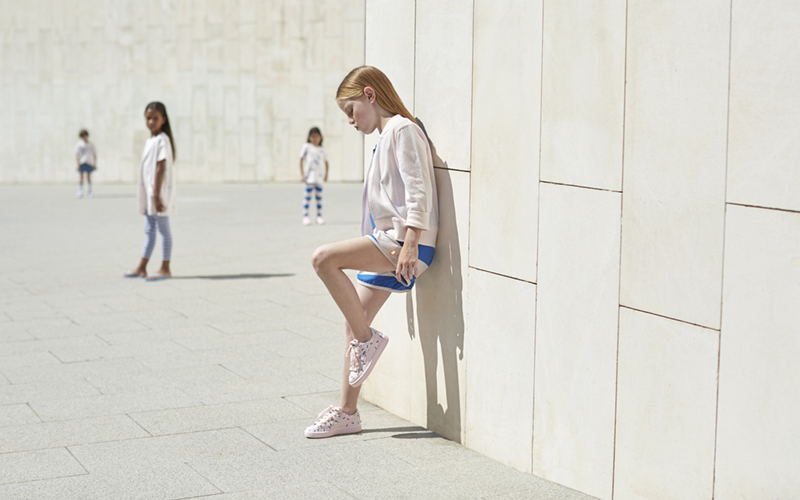
Unfortunately, since fashion is considered utilitarian, copyright laws do not protect designers.
This is why Forever 21 has been sued over 50 times unsuccessfully for plagiarism; clothing simply cannot be protected, even when the copying is blatant and obvious.
Many brands are very protective of their collections, restricting photography at trade shows and tightly coordinating launch dates and reveals, but it's no match for the speed of the greedy fashion machine.
As a designer, plagiarism feels like a punch to the gut.
Gardner and the Gang's Kristin Nystrom shares her story: 'I would just like to question why the big dragons—that obviously have a big 'cash cow' behind them—can't just hire designers? I mean real designers, not people that steal ideas for the small shops that have spent months and months getting the ideas together and the products just right. I was once approached by someone from H&M that said my brand was one of their influences of the season. She said that I should be so proud that we were picked.
I just laughed in her face. Why should I be proud that a dragon steals my customers? Even if we are in NO WAY a competitor to them we certainly have clients that buy products in both places and some people just do not have the knowledge or interest in design. The just look at the price tag—this is what is so damaging to our business and so discouraging'.
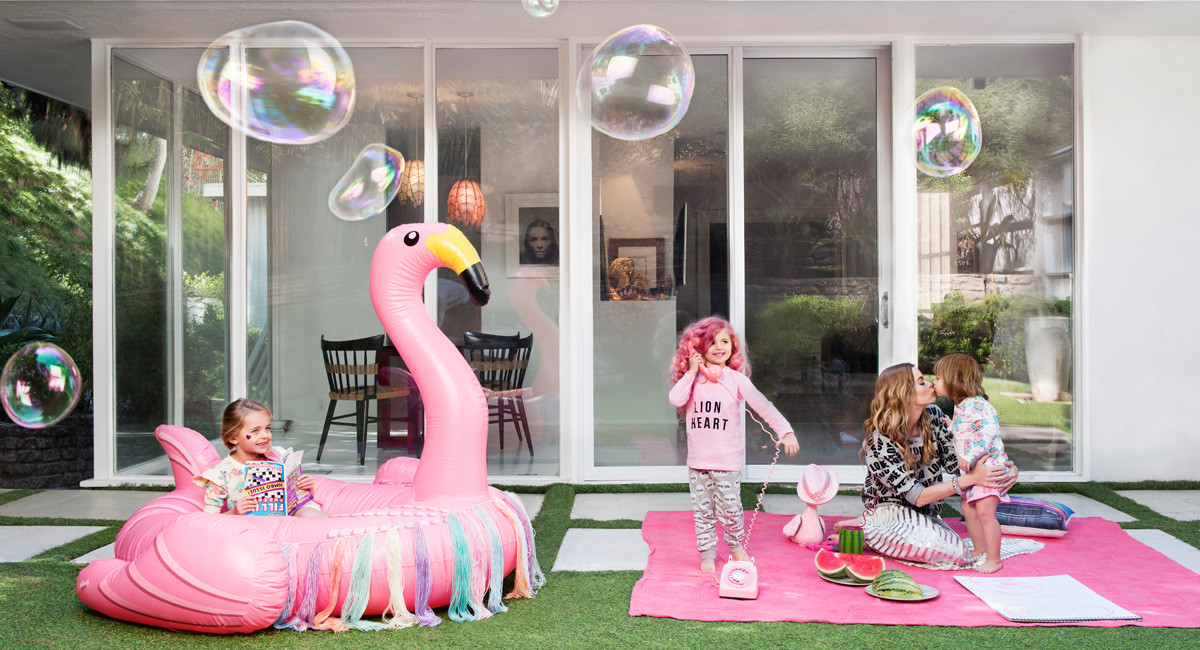
Developing strong relationships with customers through a strategic marketing effort across all the right social channels, including email, is a critical way to nourish your base of supporters.
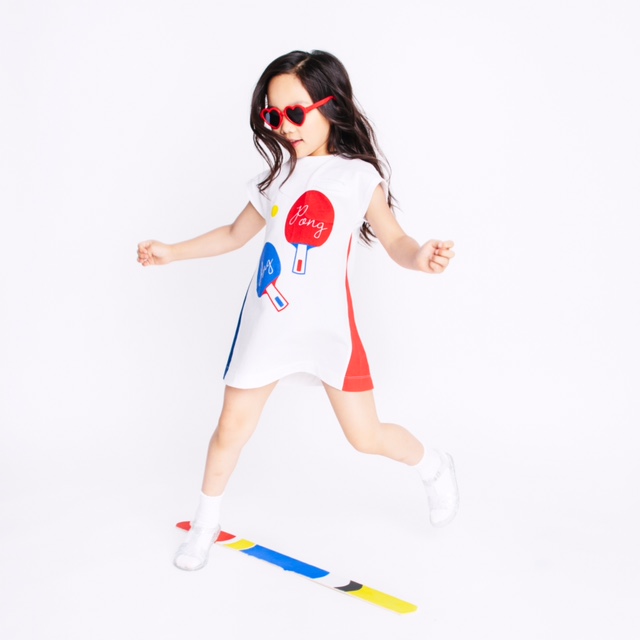
The truth is that most people shopping at big box stores are not necessarily the same people supporting independent kidswear designers. While there is some overlap, when your customers really buy into your brand, they become your biggest fans and brand advocates.
When Oaks of Acorn Creative Director Bezanne Lau discovered her collection had been knocked off in China and was being sold on Alibaba, she sprung into action, sending a newsletter to her customers to reinforce her thanks for supporting her independent label, and encouraging her fans to report any other instances of plagiarism.
This approach helps bring awareness and creates honesty and transparency between brand and customer.
Oaks of Acorn SS17 collection
In a more perfect world, fair partnerships between large and small labels would abound. Above-board collaborations between smaller labels and the big boys are a thing to be welcomed and embraced by the kids fashion community. Not only are transparent partnerships ethical, they help bring independent kids fashion designers to a broader audience, which helps not just the designer, but the industry as a whole.
The Adidas-Mini Rodini and Tinycottons x Puma collabs spring to mind as well as Gardner and the Gang's collaboration with American actress Jaime King.
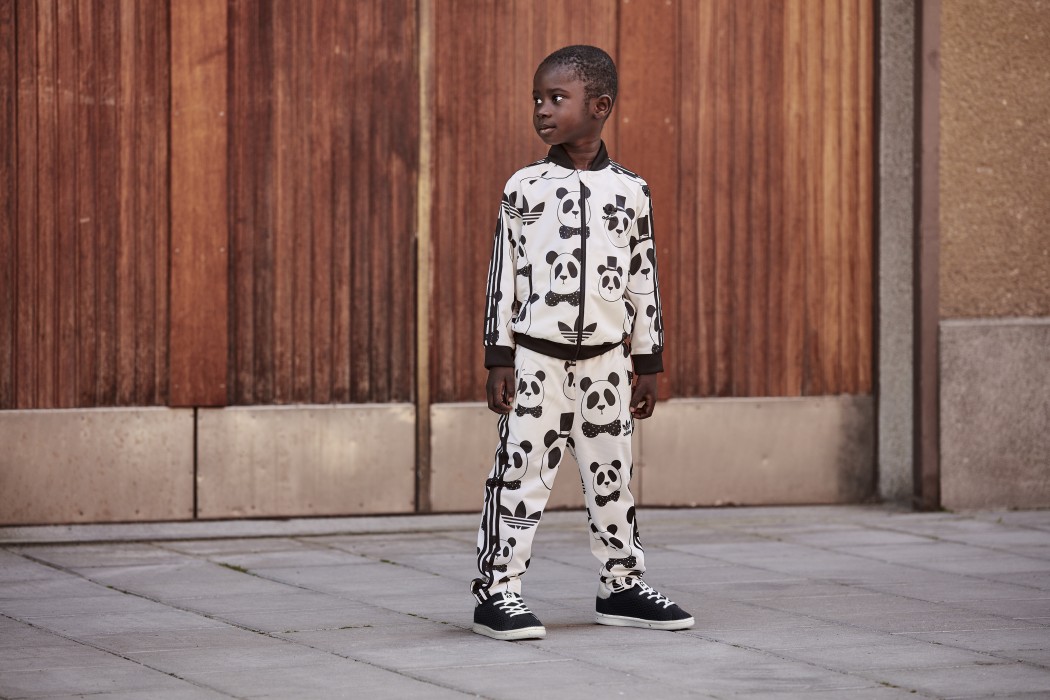
Mini Rodini x Adidas
Garder and the Gang collaboration with American actress Jaime King
Romaine Coonghe, Junior Style editor
—
07

